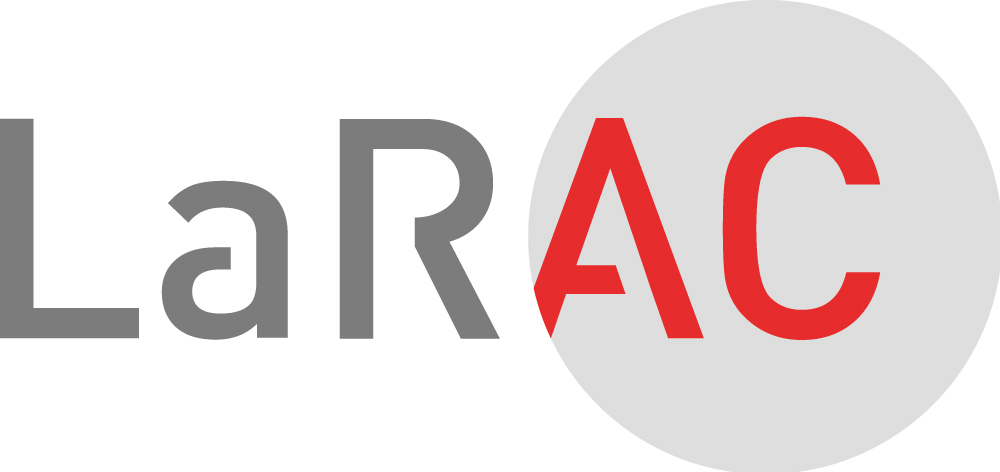Citizen science to engage educators in the production of structured practice-based evidence at a large-scale
Résumé
Every day, millions of educators try out new practices to improve education. If a small proportion of them made the observed effects of their practices publicly available in a database of practice-based evidence, this could become a promising source of information for other educators to better judge whether new practices are worth the try in their own context. However, engaging educators in producing trustworthy practice-based evidence and organising such a database so that others may easily find relevant cases is challenging.Objectives: We aimed at engaging educators in the production and publication of practice-based evidence that is trustworthy, accessible and organised in a structured and easy to query database.Methods: We developed the “Teachers as Researchers” (TaR) programme, a citizen science project to promote the publication of the results of educator-led collaborative research at a large scale. We trained volunteers to create communities of educators and to facilitate workshops for their communities. During workshops, community members are guided to describe shared educational Challenges and possible Actions to address them. Then, educators implement the Actions and collect contextualised evidence attesting for the evolution of their Challenge. Back to workshops, educators are guided to produce Feedback reports in which they report evidence about the capacity of the Action to address the Challenge in their specific contexts. Once several educators have provided Feedback for the same Action, educators produce Syntheses to compare the evidence across contexts. Each of these steps results in collaboratively written documents published in a common publication platform which incorporates a peer-review system for educators to improve each others’ writings. In the platform, educators can navigate across existing Challenges, allowing different communities to coordinate their efforts towards a Challenge by mutualizing their Actions and Feedback. We report here a description of the implementation of the TaR programme in France during its first academic year, 2020-2021.Results: During 2020-2021, the research team and 14 trained facilitators created 10 communities that collectively recruited 168 educators from primary school to higher education, including teachers, trainers, principals and researchers. Communities were created for a large variety of reasons: addressing the challenges shared in a school, of teaching a specific discipline, around a common theme of interest, or of a specific professional role. Communities offered a total of 118 workshops. Sixty Challenges were initiated, to inquiry about practices supporting students’ development within and outside educational institutions, as well as practices supporting educational institutions through professional development and school management. We highlighted one Challenge entitled “How to help a disruptive student control his or her violent outbursts?”, which received the highest input during the study period. Eighteen educators with a wide range of roles and from different geographical areas joined at least one of the 23 workshops addressing this Challenge. Three different Actions and four related Feedback were published and peer-reviewed. Conclusions: We developed a citizen science project that engaged a high number of educators in a collective research enterprise about their practices. It engaged educators for a wide range of reasons, from a wide range of sectors and contexts, and confronted with a wide range of educational concerns. It allowed the production and publication of contextualised practice-based evidence from different educators experimenting the same practices towards common goals. The implementation in this first year suggests the TaR programme produces meaningful practice-based evidence, is robust, adaptable, engaging, and scalable.
Mots clés
Citizen science
Practice-based evidence
Collective intelligence
Teachers' professional development
Teacher communities
Participatory research
citizen science practice-based evidence collective intelligence teachers' professional development reflexivity teacher communities participatory research
citizen science
practice-based evidence
collective intelligence
reflexivity
teacher communities
participatory research
Domaines
Education| Origine | Fichiers produits par l'(les) auteur(s) |
|---|---|
| licence |


